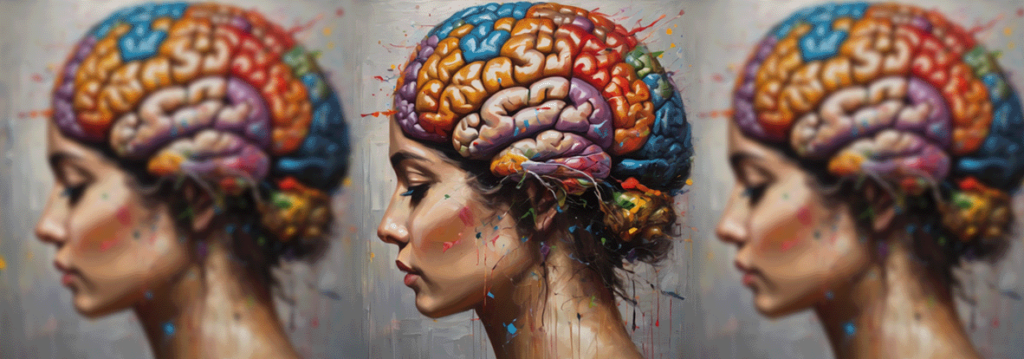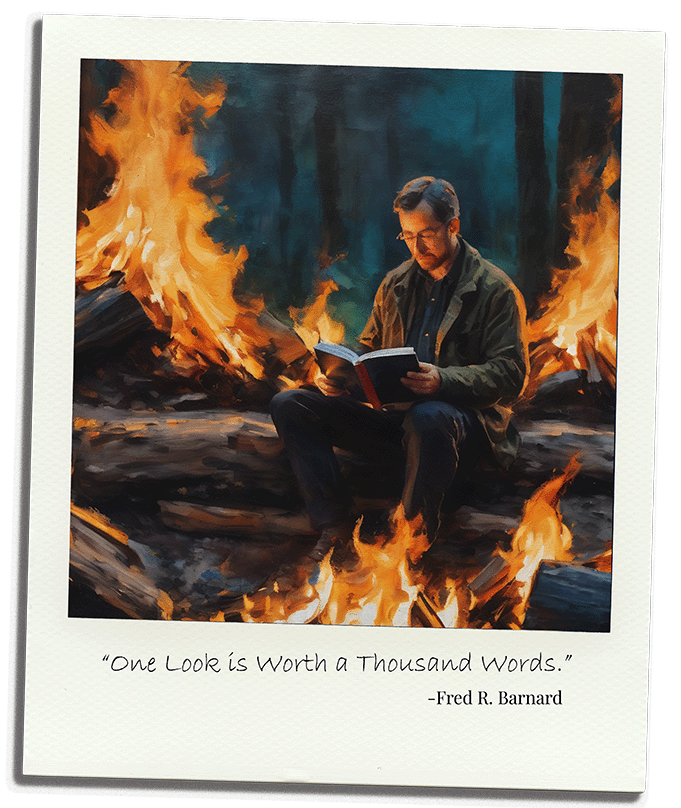
- Nov 24, 2023
- Earl DeMatas
- 0
A Picture
In 1921, an advertising executive named Fred R. Barnard placed an ad in Printer’s Ink magazine to promote his agency with “One Look is Worth a Thousand Words.” According to Dictionary.com, although Fred Barnard attributed his headline to a Japanese philosopher, he changed it six years later to “One Picture is Worth Ten Thousand Words” as he thought it would be more convincing as a Chinese Proverb. While the words have changed, the foresight of the power of images remains. With a strong headline, images can push an ad into the target market’s mind and weave it into their hearts. While the phrase has gone through a few iterations, it is now commonly known as “A picture is worth a thousand words.”

When did it begin?
We Are Cognitive estimates that humankind has used visual storytelling for at least 45,500 years. Visuals help convey information that may be complicated to explain. Imagine travelling to another continent or country where English isn’t the native language. If you couldn’t find the washroom, you could grab a pen and a piece of paper, draw a male or female bathroom pictogram, and successfully communicate with the locals. The article above describes visual storytelling as communicating everything from messages and emotions to narratives and information, through social media posts, animation, videos, advertisements, and more.

Why is it important?
In 2019, Truscribe published an article by Andrew Herkert called, Why is Visual Storytelling Important?” Andrew says a well-executed infographic can convey a message with a single image. Earlier this year, Katrina Klier published an article on LinkedIn called, Visual Storytelling is a Big Factor in Marketing Success. In the article, Katrina states, “When used effectively, visual storytelling can capture and hold an audience’s attention, create an emotional connection, and convey complex information in a compelling and easily understandable way.”

According to a Forbes article by Shane Snow, the human attention span is continuing to grow. We can share messages, images, and through trial and error, we can determine which campaigns are the most successful and, more importantly – why. An article on Neuroleadership called, The Neuroscience of Storytelling, suggests that “our brains like stories because clear narratives cut through distractions.”
How to use Visual Storytelling
Neil Chase published an article called, How to Unlock the Power of Visual Storytelling in 2023+. In the article, he explains how vital visual storytelling is to creating engagement, building long-lasting relationships and establishing emotional connections that last well after your audience has moved on. Some of the key aspects include:
• Choosing the right visuals: Choose high-quality photos and stock videos that connect and represent the kind of story you’re telling.
• Good story: Your main character should elicit empathy from the audience, and there should be some resolution to intrigue them.
• Emotional connection: Use visuals that speak to human experiences, from love, happiness and laughter to tension, sadness and despair.
• Clear message: Carefully craft your story with images, a tone and a voice that appeal to your audience’s emotions to build a connection.
Will Visual Storytelling Thrive?

Whether we are talking about cave drawings during the Stone Age, scriptures like the Dead Sea Scrolls, the holy Quran, paintings like Michelangelo’s Sistine Chapel, Pink Floyd’s The Darkside of the Moon, or George Orwell’s 1984, visual storytelling has been around for 44 millennia. It will continue to thrive if all goes well – at least as long as we do.

